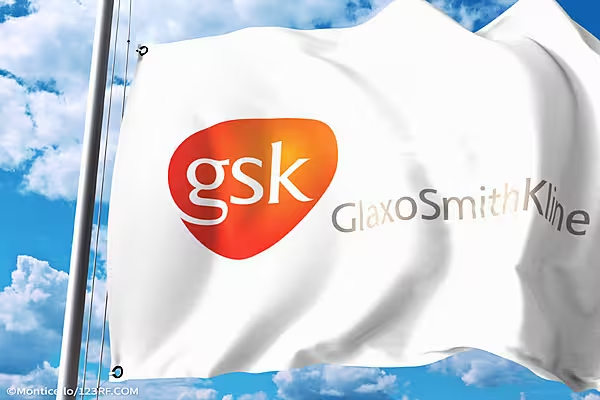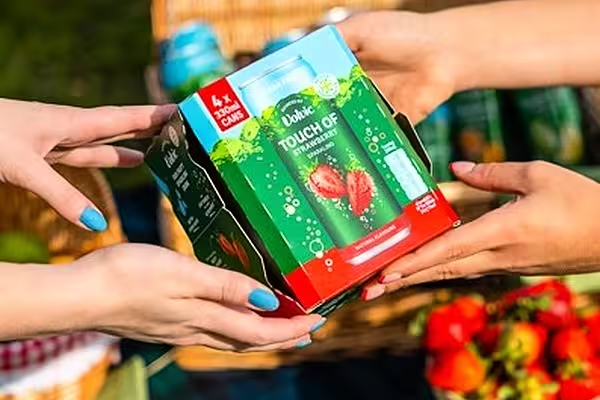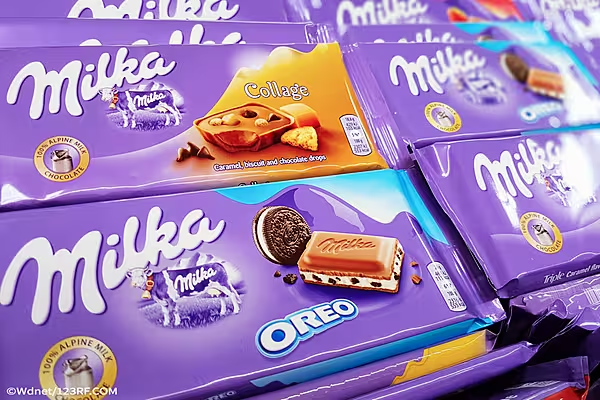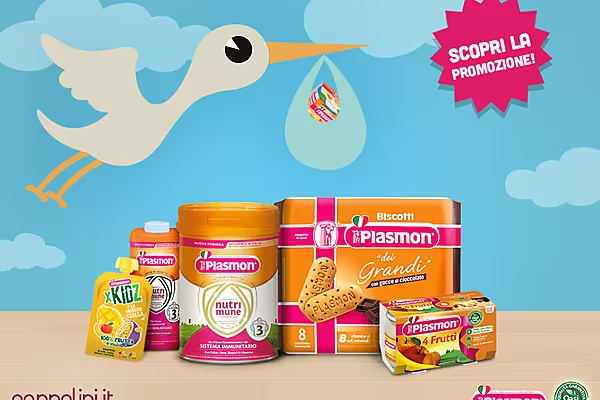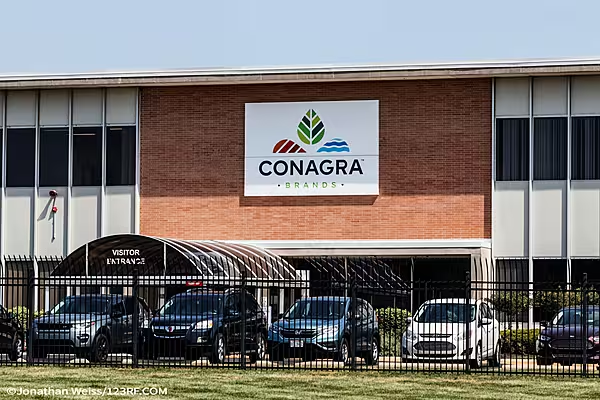Britain’s GSK forecast growth in 2022, after racking up £1.4 billion ($1.9 billion) in COVID-related sales in 2021, beating quarterly forecasts in its first earnings report since rejecting Unilever’s bid for its consumer arm.
The results underscore a comeback for GSK in the race to help fight the COVID-19 pandemic, after it failed to bring a vaccine to the market. The spin-off of the consumer venture with Pfizer has also put the future in focus, as boss Emma Walmsley faces pressure from activist investors.
“We have ended the year strongly, with another quarter of excellent performance [...] and we enter 2022 with good momentum,” Walmsley said. “This is going to be a landmark year for GSK.”
The drug-maker is pressing on with the spin-off of its consumer arm, home to brands such as Sensodyne toothpaste and Advil painkillers, after turning down Unilever’s £50 billion buyout offer for the unit in December.
Some activist investors had called on GSK to give more consideration to a potential sale of the unit. They have also questioned the ability of top management to boost the success rate of drug development, where GSK has long lagged peers.
Consumer Unit Spin-Off
The company noted that sales in 2022 – after the consumer unit spin-off – were expected to grow by 5% to 7%, and adjusted operating profit was forecast to rise by 12% to 14%.
This includes the boost from a settlement with Gilead, but not sales of its COVID-19 products.
Analysts had forecast group earnings of 120.8 pence per share, or a rise of about 8% from 2021, on sales of £36.28 billion.
The company noted that it expected pandemic-related sales in 2022 to be at similar levels to 2021, but that these would contribute less to profit at ‘New GSK’ due to lower margins on its antibody treatment, knocking off profit by 5% to 7%.
GSK shares were up by 0.2% at 08.45 GMT.
Pandemic And Beyond
Excluding the Gilead deal, which secured royalty payments from an HIV drug, the 2022 outlook “suggests a modest trim to consensus underlying operating profit, albeit management’s guidance at the beginning of the year is likely to include a degree of conservatism,” Morgan Stanley analysts said.
GSK’s sotrovimab, developed with Vir Biotechnology, is one of the few COVID-19 treatments shown to have worked against the fast-spreading Omicron variant, spurring demand. It was amongst GSK’s top-selling offerings in 2021.
GSK has secured orders for 1.7 million doses of sotrovimab from the United States, Canada and the European Union, among others.
Sales of sotrovimab, branded Xevudy, stood at £828 million in the fourth quarter, up from £114 in the third quarter and above market expectations of £774 million.
Revenue from shingles vaccine Shingrix – a key earnings driver over past quarters – slipped by 7%, to £597 million, but still surpassed consensus of £548 million.
Shares
Adjusted earnings for the group stood at 25.6 pence per share for the three months to 31 December, while turnover rose by 13%, to £9.53 billion, at constant currency rates, topping a consensus of 23.8 pence apiece on sales of £9.49 billion.
GSK noted that it expected key trial results in 2022 on up to seven future growth drivers, including a long-awaited readout on a vaccine for the elderly against the common respiratory syncytial virus before the end of June.
Emma Walmsley told a media call that the consumer arm’s performance this year was expected to be in line with the previously stated medium-term target for annual currency-adjusted sales growth of 4% to 6%. GSK will unveil more details at a 28 February investor event.
News by Reuters, edited by Donna Ahern, Checkout. For more A-brand stories, click here. Click subscribe to sign up for the Checkout print edition.
